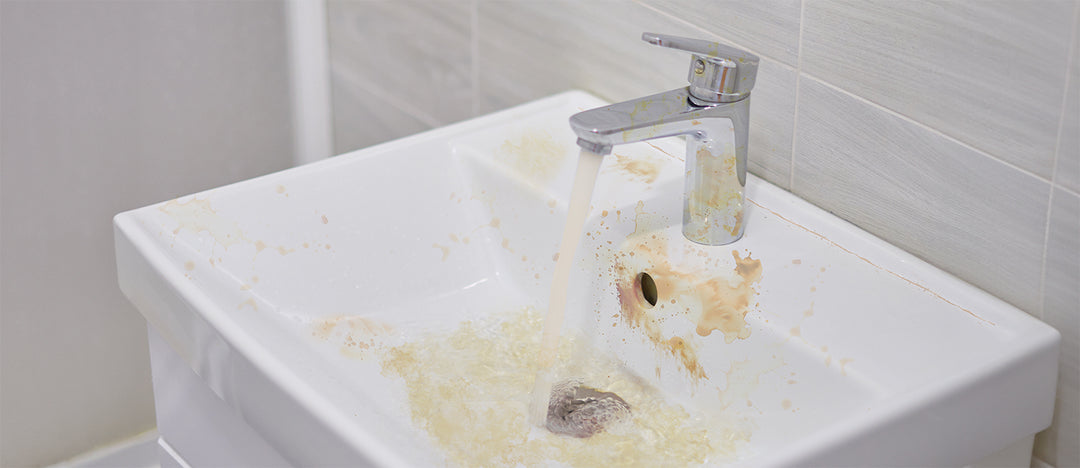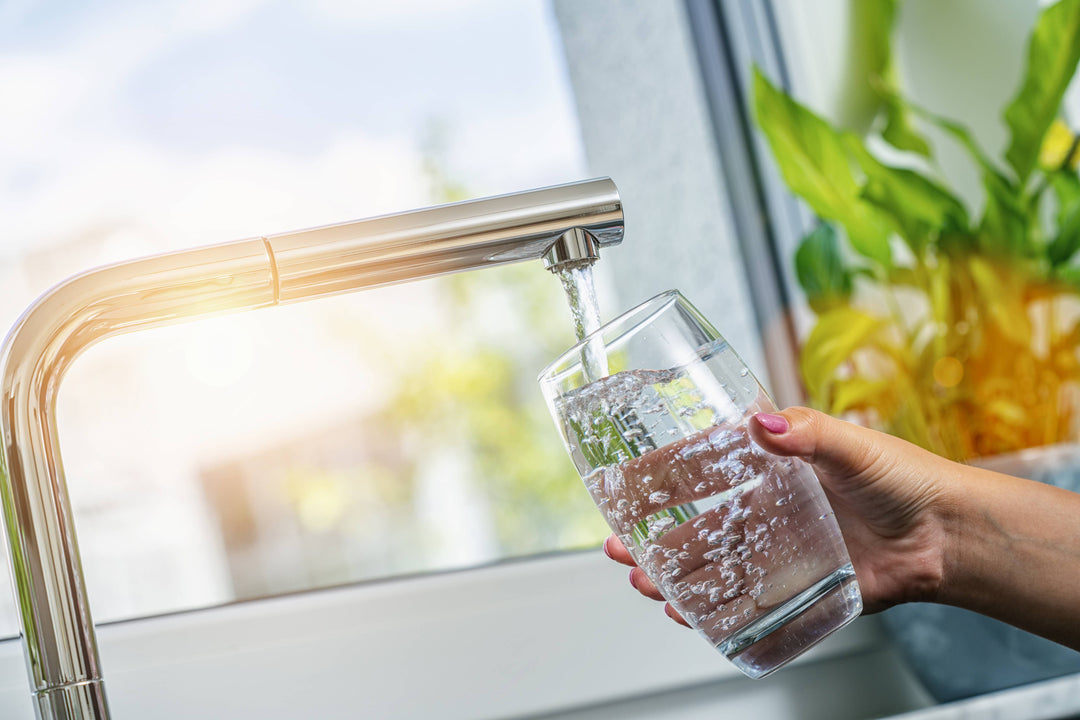Water Filtration is Becoming the Choice of More Americans Over Bottled Water
Table of Contents
- Introduction
- The Downside of Bottled Water
- The Benefits of Water Filtration Systems
- Environmental Impact: Bottled Water vs. Water Filtration
- Cost Comparison: Bottled Water vs. Water Filtration
- Health Considerations
- Convenience and Accessibility
- How to Choose the Right Water Filtration System
- Conclusion
Introduction
In recent years, there has been a significant shift among Americans from relying on bottled water to investing in home water filtration systems. This change is driven by growing awareness of the environmental impact, health concerns, and long-term cost benefits associated with bottled water. In this blog post, we’ll explore why more people are making the switch and how water filtration systems are becoming the preferred choice for clean, safe drinking water.
The Downside of Bottled Water
Bottled water has long been a popular choice for its convenience and perceived purity. However, it comes with several drawbacks that are prompting many to reconsider their choices:
- Environmental Impact: Bottled water generates significant plastic waste. Each year, billions of plastic bottles end up in landfills and oceans, contributing to pollution and harming wildlife.
- Cost: The cost of bottled water can add up quickly. On average, bottled water is significantly more expensive than tap water or water filtered at home.
- Quality Concerns: Not all bottled water is created equal. Some brands simply use tap water with minimal treatment, and plastic bottles can leach harmful chemicals into the water, especially when exposed to heat.
The Benefits of Water Filtration Systems
Water filtration systems offer a range of advantages over bottled water, making them a compelling choice for many households:
- Improved Water Quality: Modern filtration systems are designed to remove contaminants such as chlorine, lead, bacteria, and other impurities, ensuring that your tap water is as clean and safe as possible.
- Cost-Effective: Investing in a water filtration system can save you money in the long run. While there is an upfront cost for purchasing and installing the system, it is generally much cheaper than continually buying bottled water.
- Convenience: With a water filtration system installed in your home, you have access to clean, filtered water at all times, without the need to constantly purchase and store bottled water.
- Sustainability: By using a water filtration system, you reduce your reliance on single-use plastic bottles, contributing to a more sustainable and environmentally-friendly lifestyle.
Environmental Impact: Bottled Water vs. Water Filtration
The environmental benefits of switching from bottled water to a water filtration system are significant:
| Aspect | Bottled Water | Water Filtration System |
|---|---|---|
| Plastic Waste | High, contributes to pollution | Minimal, reduces plastic use |
| Carbon Footprint | High, due to production and transportation | Low, local filtration reduces emissions |
| Resource Usage | High, significant water and energy use | Low, efficient use of local resources |
| Recycling | Often not recycled properly | No plastic waste, better for the environment |
Switching to water filtration systems helps reduce plastic waste and lowers your carbon footprint, making it a more eco-friendly choice.
Cost Comparison: Bottled Water vs. Water Filtration
A detailed comparison of costs can illustrate the financial benefits of water filtration systems:
| Cost Factor | Bottled Water | Water Filtration System |
|---|---|---|
| Initial Cost | Varies by brand and quantity | Initial purchase and installation costs |
| Ongoing Cost | Regular purchase required | Low maintenance and filter replacement costs |
| Annual Cost | Can be significant over time | Generally more economical in the long run |
While bottled water may seem affordable on a per-bottle basis, the cumulative cost over time is considerably higher compared to a one-time investment in a water filtration system.
Health Considerations
Health concerns are another key factor driving the shift to water filtration:
- Chemical Contaminants: Bottled water can contain harmful chemicals from the plastic, such as BPA, which may leach into the water.
- Purity: Water filtration systems can effectively remove contaminants that are not always addressed by bottled water brands, providing cleaner and safer water for consumption.
Convenience and Accessibility
Water filtration systems offer unmatched convenience:
- Immediate Access: With a filtration system, you have instant access to filtered water without the need to carry heavy bottles or store them.
- Customizable Options: There are various types of filtration systems to suit different needs and preferences, including under-sink filters, countertop units, and whole-house systems.
How to Choose the Right Water Filtration System
Selecting the right water filtration system involves several considerations:
- Water Quality Testing: Test your water to identify any contaminants that need to be addressed. We recommend this as one of the best water testing kits on the market:
WATER TEST KIT
-
System Type: Choose a system based on your household’s needs, such as a whole-house filter for comprehensive coverage or a point-of-use filter for specific taps.
- NSF CertificationWhen investing in water filtration systems, look for products certified by the National Sanitation Foundation (NSF). NSF certification ensures that a product meets strict standards for quality, performance, and safety. Choosing NSF-certified filters assures that the system is reliable and effective in removing contaminants from your water supply. This stamp of approval ensures that the product adheres to stringent quality and safety standards, making it a reliable choice for those seeking a water treatment solution they can trust.
- Maintenance: With our advanced filtration system you can expect Low Maintenance that means No Wastewater, drainage system, or 40 LB resin bags.
Conclusion
The shift from bottled water to home water filtration systems reflects growing awareness of environmental, health, and cost concerns. By making the switch, you not only contribute to a healthier planet but also enjoy the benefits of cleaner, safer, and more affordable drinking water. If you’re ready to make the change, explore your options and invest in a water filtration system that meets your family’s needs.
For more information on water filtration systems and expert advice on choosing the right one for your home, Schedule a free consultation to find the best water testing kit and explore our range of advanced water filtration systems designed to remove harmful contaminants and protect you and your family. Check our collections to learn more about how our solutions can make a difference in your daily life.
Join the movement towards sustainable water usage:
- Explore our advanced filtration systems for water-saving options and resources.
- Share knowledge about water conservation with friends and family.
- Support local initiatives and policies that promote responsible water management and conservation.





